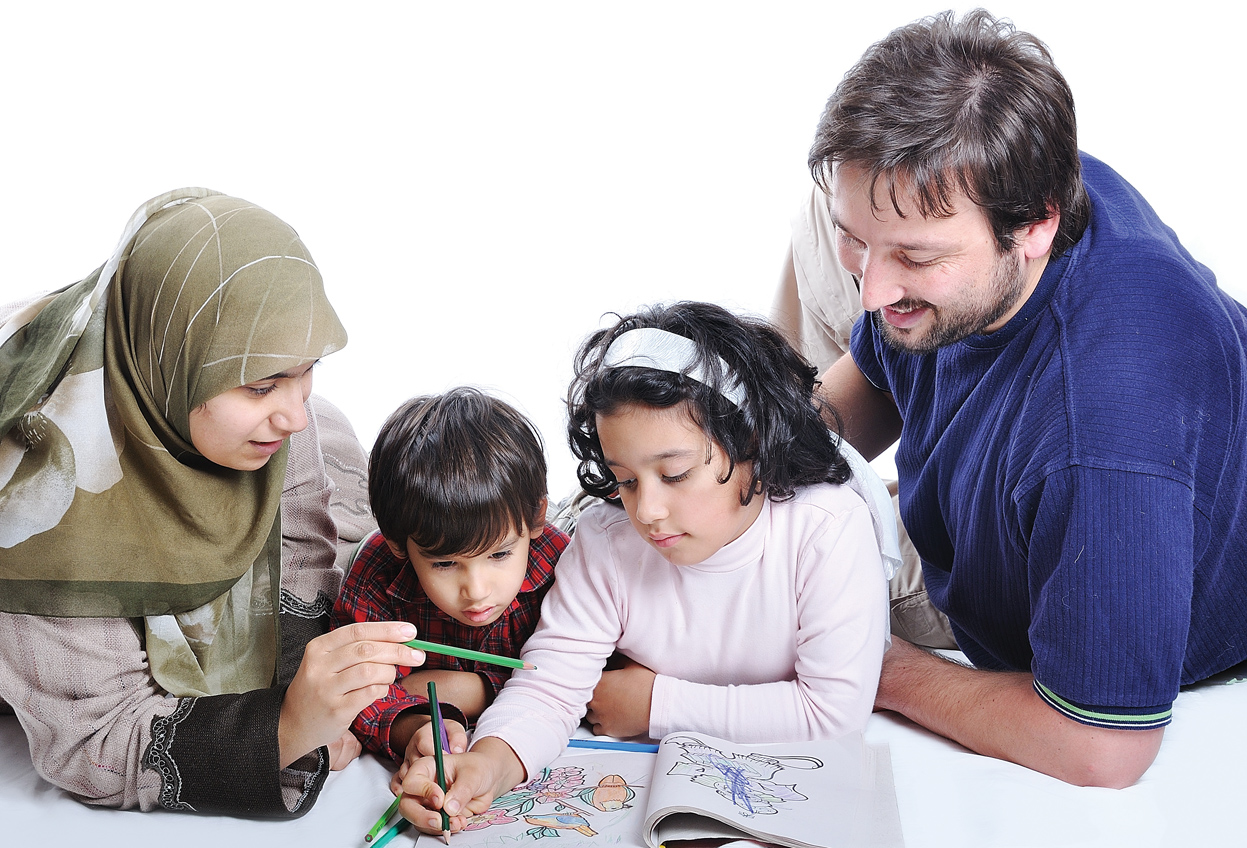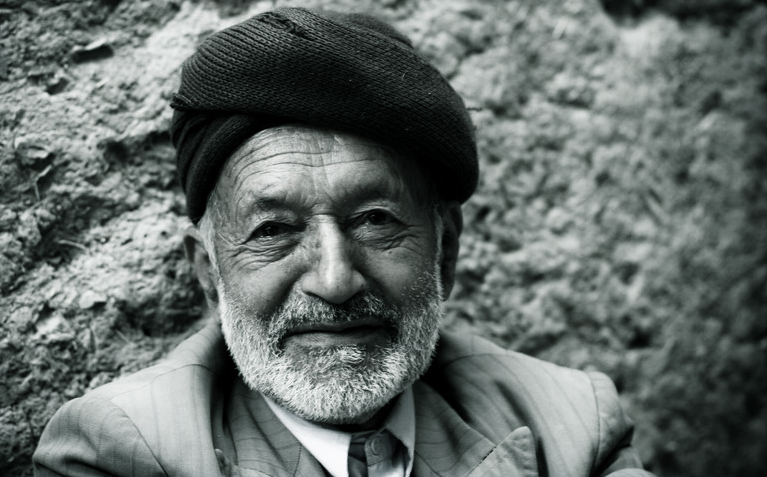Because of my illness I get distressed very easily. How can I be happy with my life?

Question: I am thirty years old. Pain and illnesses have done to my body what they have not done to old people’s bodies. I have become tired of doctors and drugs. I have become desperate of everything, even supplications and vows though I respect religion and the Ulama’’. I am very angry due to my state and always ask myself why Allah has afflicted me with these distresses that have made me suspect my religious beliefs and become nervous at any excitement. I hope with your help that I may be happy in life with my wife and children who suffer with me.
The answer: The Iranian magazine Ittila’at Ilmi, vol. 23, seventh year has quoted from the magazine (Reader’s Digest, Feb. 1993) a scientific study emphasizing that most bodily illnesses are results of psychological disorders. According to this fact, man causes himself bodily illnesses if he does not care for his psychological health.
The study adds, ‘For example, cancer and tuberculosis attack complaining and desperate persons. Peptic ulcer attacks persons who pant for high positions. Arthritis and chronic inflammations are the shares of rigorous persons whose hearts are full of hatred against others and who do not pardon or forgive others. Headache attacks those who keep their anger inside them.
Psychological disorders, like anger, fear, and distress, exhaust precious powers of the mind and the body and then psychological fatigue, pains, and illnesses come instead.’
The study adds, ‘Self-confidence and not letting fear and being upset overcome oneself make man carry out his daily activities in a way that delights his heart and comforts his mind. With comfort and hearty relief, man’s body enjoys safety and healthiness. In fact, even a broken bone recovers earlier if one’s mind is peaceful and his heart is calm and satisfied.’
The author of this scientific study says, ‘Man, for the sake of his bodily health, must free himself from the complex of failure and defeat. If he imprisons himself in this complex or he fails to free himself from it, he will face problems, pains, and illnesses such as asthma, headache, and nasal sinuses inflammation.’
Dear brother, what I want to tell you is that what we all need to do is take care of our health. Let us achieve it and recommend others to it so that our minds and bodies enjoy peacefulness and safety because “a sound mind is in a sound body”. Islamic traditions have indicated these solutions and emphasized that the healthiness of the body is the result of the healthiness of mentality. Islam was the first to show the scientific method of keeping psychological and physical health.
This study, which has been preceded by the Islamic theory, emphasizes the Islamic instructions by recommending the following:
1. Assure yourself every day that you are sound and safe because this self-suggestion prevents you from feeling weak or submitting to illness!
2. Try to live normally and do not be greedy and do not pant for this life so that you become involved in some situations out of greediness! Doing so exhausts your intellectual, psychological, and physical powers.
3. Assign to yourself some times for rest, relaxation, and harmless amusement!
4. Believe in Allah sincerely so that you feel the warmth of this faith inside your heart, and this will make feel comfortable and delighted whenever you mention Allah and worship Him!
5. Tell yourself everyday that you are better than you were yesterday and actually be so lest your conscience says to you: away! O you, self-deceiver!
If you adhere to these five recommendations after perceiving the medical fact mentioned above, you will be delighted and psychologically cheerful and this is what brings you physical healthiness and fruitful activity.
You should know that distrusting the true religious beliefs is itself a cause of psychological diseases that cause bodily diseases. At the same time when that scientific study and the sayings of many western psychologists declare that faith in Allah has a great role in curing psychological troubles and bodily diseases, it does not fit a Muslim to let the Satan or his followers in the society whisper evil to him and play with his mind.
It is narrated that the Prophet (S) has said, ‘I wonder at a believer why he becomes angry at illness! If he knows what benefit he receives because of illness, he would wish to remain ill until he meets his Lord1.’
Of course, this is if the illness is chronic and doctors cannot cure it or the ailing believer is unable to pay for the treatment.
Dear brother, I hope you will return to your religious beliefs and strengthen your morale by them in order to not fail in this trial because then you would lose this life and the afterlife together. You should know well that losing this life and its pleasures is easier to you than losing the eternal Paradise where there will be no pain, no disease, no old age, and no death.
source:For a Better Future









